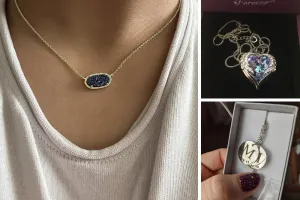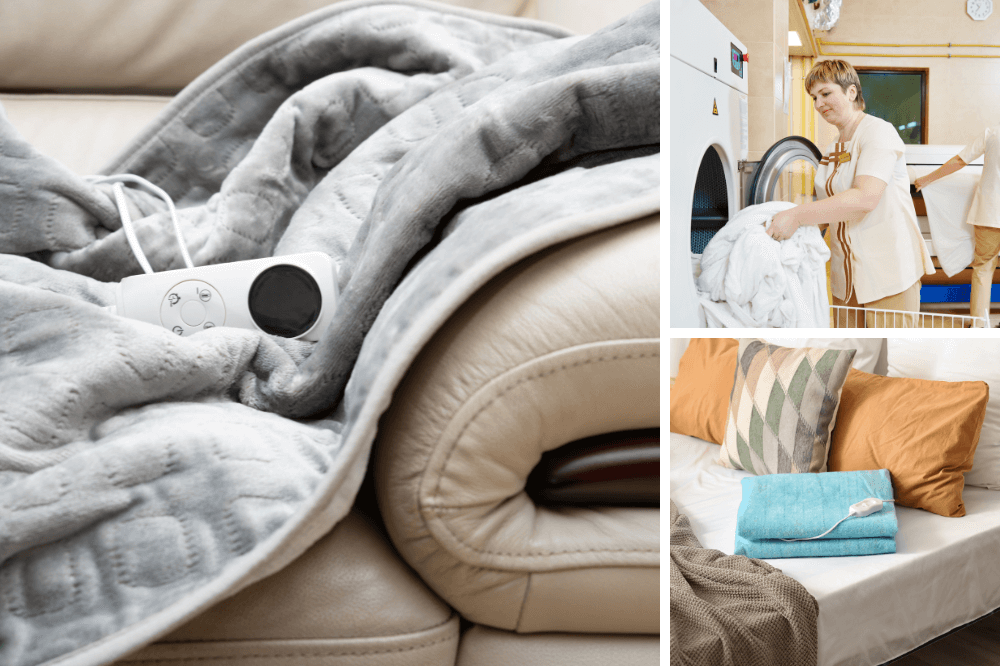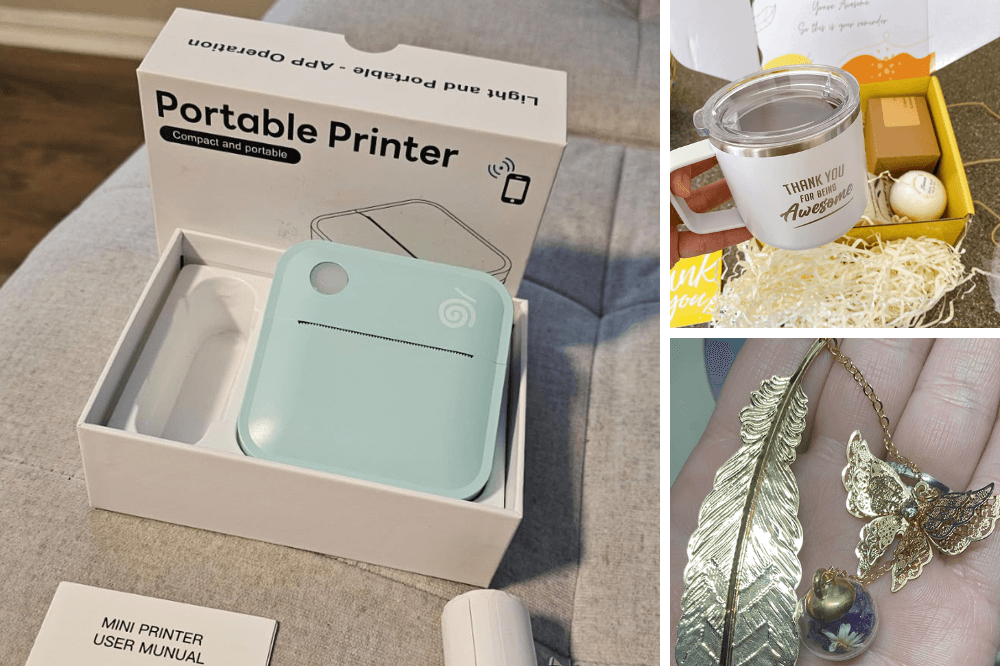Many people who enjoy treasure hunting often wonder if aluminum will set off metal detectors. The answer to this question is a bit complicated as it depends on various factors. Let's take a more in-depth look at aluminum and how it affects metal detectors.
Depending on the type of metal detector, aluminum can either be detected or not detected. For example, if you are using a pin-pointer metal detector, then aluminum will not set it off because it is not magnetic. However, if you are using a waterproof metal detector, then aluminum will set it off because it is conductive.
Aluminum and Metal Detectors
Let's start with a little bit of science. Aluminum is a non-ferrous metal, which means that it is not magnetic. This is why most pin-pointer metal detectors will not detect aluminum. Pin-pointer detectors work by detecting magnetic fields, so since aluminum is not magnetic, it will not set off the detector.
Waterproof metal detectors detect metals by their conductivity. This means that they work by detecting metals that conduct electricity. Aluminum conducts electricity, so it will set off a waterproof metal detector.
How to Use Pinpoint and Waterproof Metal Detectors
Now that we know a little bit more about how pinpoint and waterproof metal detectors work, let's talk about how to use them.
If you are using a pin-pointer detector, then the best way to use it is to first scan the area with a larger coil detector. Once you have an approximate idea of where the target object is located, you can then use the pin-pointer to zero in on the exact location.
To use a waterproof detector, simply lower the search coil into any water source until it is fully submerged. The detector will then give you readings on what objects are beneath the surface.
Whether aluminum sets off your metal detector depends on the type of detector that you are using. If you are using a pin-pointer detector, then aluminum will not set it off because it is not magnetic. However, if you are using a waterproof metal detector, then aluminum will set it off because it is conductive. When using either type of detector, be sure to follow the instructions carefully in order to get accurate readings.
Metal detectors can come in handy in a variety of situations, from finding lost coins at the beach to uncovering buried treasure. But what about when you need to find something that's hidden underwater? That's where waterproof metal detectors come in. Whether you're looking for a lost wedding ring or trying to locate a hidden cache of gold, these sophisticated devices can help you find what you're looking for.









